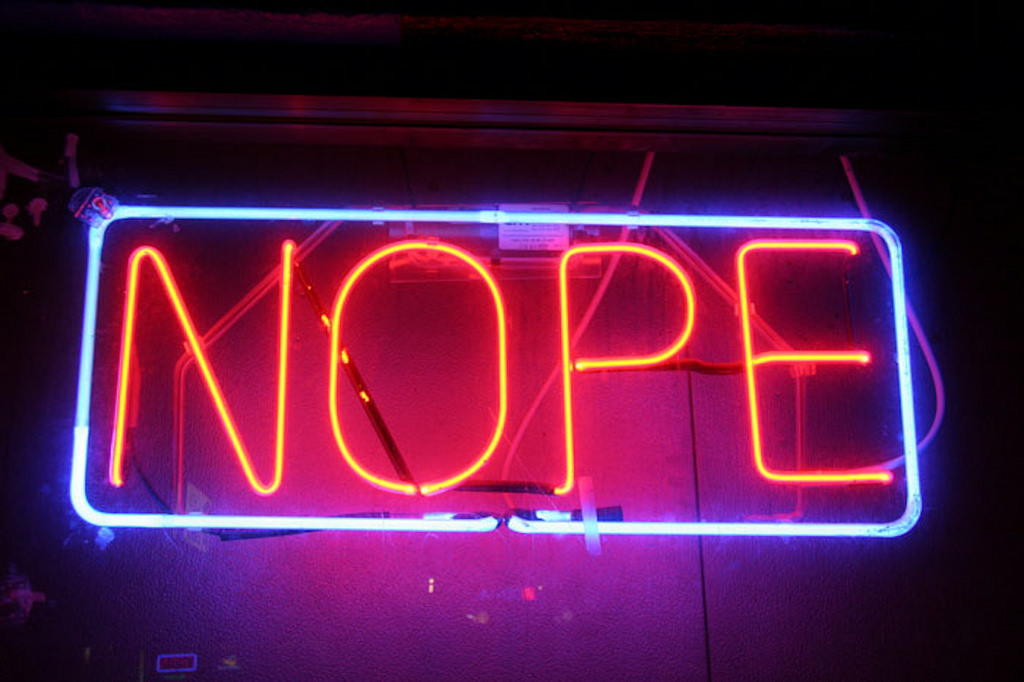A B.C. Supreme Court judge has dismissed a libel action against “climate change sceptic” Dr. Tim Ball on the basis that Ball’s writing is not sufficiently credible to inflict damage on the reputation of a professional climate scientist.
The libel suit was launched in 2011 by Canadian climate scientist (and now leader of the British Columbia Green Party) Andrew Weaver in protest against an article that Ball had written for a website called Canada Free Press (“Corruption of Climate Science Has Created 30 Lost Years,” Jan 10, 2011). The article belittled Weaver’s credentials, challenged his competence as a scientist and Professor at the University of Victoria and accused him of being part of a politically corrupted campaign to overstate the dangers of climate change.
While Ball’s supporters celebrated the judgment as, “A great victory for free speech,” B.C. Supreme Court Justice Ronald Skolrood criticized Ball (a long-retired geography professor from the University of Winnipeg) at length. Justice Skolrood wrote:
“… despite Dr. Ball’s history as an academic and a scientist, the Article is rife with errors and inaccuracies, which suggests a lack of attention to detail on Dr. Ball’s part, if not an indifference to the truth.”
Later in the judgment, Justice Skolrood wrote,
“the Article is poorly written and does not advance credible arguments in favour of Dr. Ball’s theory about the corruption of climate science. Simply put, a reasonably thoughtful and informed person who reads the Article is unlikely to place any stock in Dr. Ball’s views, including his views of Dr. Weaver as a supporter of conventional climate science.”
In mounting a defence, Ball’s lawyer, Michael Scherr, had argued that it was not sufficient to establish that Ball’s article was derogatory, incorrect and, perhaps, malicious in intent. Rather, Scherr said, Weaver should have to prove damage to his reputation. In the judge’s words, Ball was seeking “a threshold of seriousness,” and arguing, in effect, that his own work didn’t meet that threshold.
The judge agreed, saying, first of all that Ball’s intent to injure was adequately established in the evidence:
“These allegations are directed at Dr. Weaver’s professional competence and are clearly derogatory of him. Indeed, it is quite apparent that this was Dr. Ball’s intent.”
But referring again to the low standard of Ball’s work, the judge concluded:
“It is very unlikely that the Article and the opinions expressed therein had an impact on the views of anyone who read it, including their views, if any, of Dr. Weaver as a climate scientist. Rather, the reasonably thoughtful and informed reader would have recognized the Article as simply presenting one side of a highly charged public debate.”
Weaver’s lawyer, Roger McConchie, said that he plans to file notice of appeal of Justice Skolrood’s dismissal today.
Related: Climate Denier Tim Ball: Trump Approved, But Not Credible Enough To Stand Accountable For Libel
Main image credit: Scott Beale via Flickr CC
Subscribe to our newsletter
Stay up to date with DeSmog news and alerts







